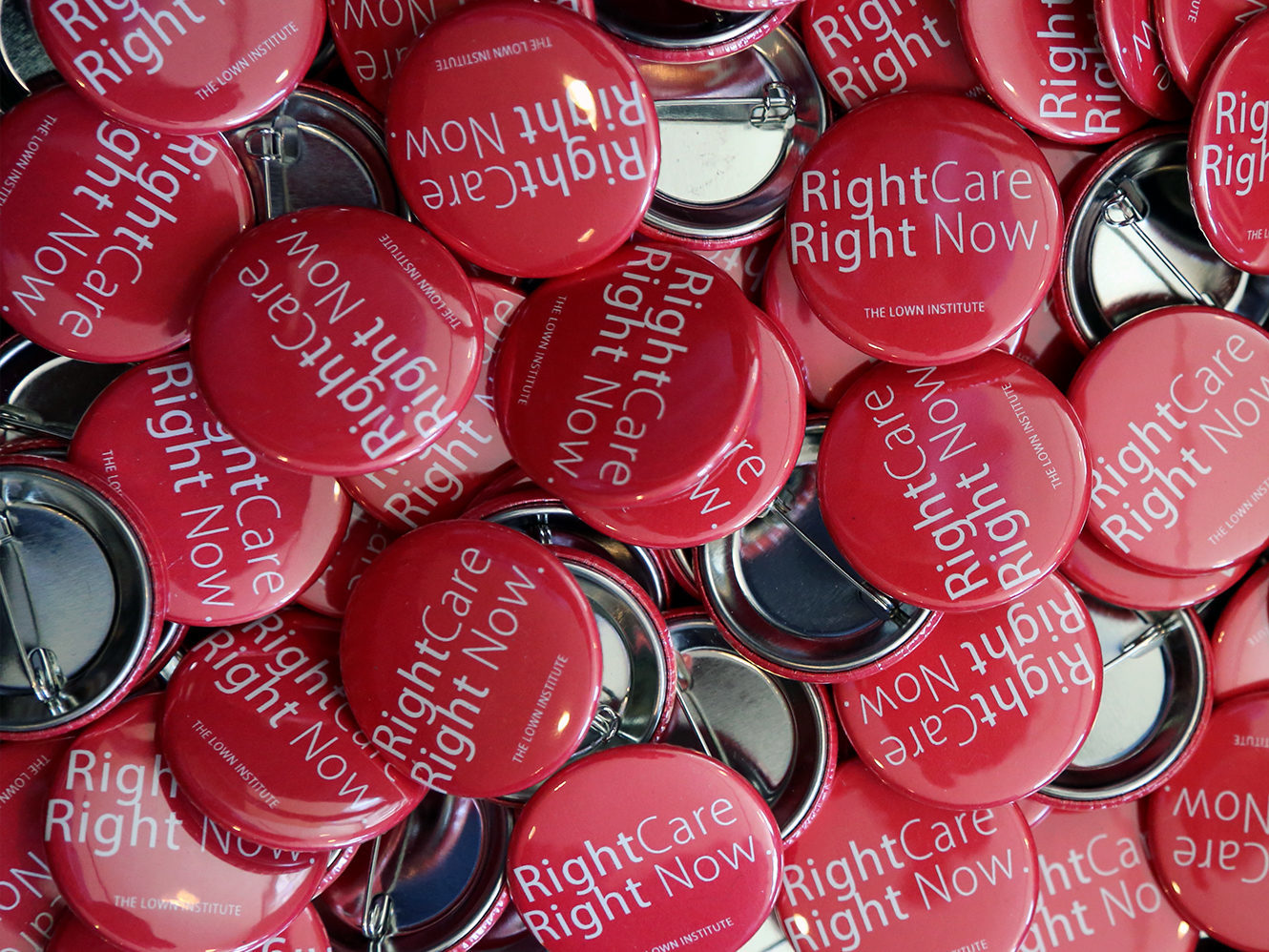RCA Intern Kaitlyn Z Varriale shares her experience writing “How Socioeconomic Status Dictates the Health Care Patients with Type One Diabetes Receive in America.”
“I took a course through my school where I picked a research topic and spent the year researching it, writing a paper, and preparing for a symposium presentation. I decided to focus on Type 1 Diabetes and healthcare in America because I was diagnosed with Type 1 Diabetes in the summer before my sophomore year of high school. In addition to the stress of my diagnosis, my hospital bill was denied because my hospitalization was considered not medically necessary by my health insurance company. It ended up being a $53,000 bill that my parents would have had to pay, which would have put us in a severe financial crisis. Thankfully, the hospital decided to absorb the bill after we discussed it with the financial department, but it made me realize that if it didn’t work out this way, we would have had to pay that immense sum of money.”
“That is what put me on the course of realizing the flaws in the American healthcare system. Though I kept my paper research based, there were times when the issues became emotional for me because of my own experiences. America needs a universal healthcare system. We are the only developed nation that doesn’t have one… There are a lot of myths about universal healthcare in America. I wanted to spread the truth… Before my research, I did not realize how beneficial and common universal healthcare is in other developed nations. So many false rumors are spread about the nature of universal healthcare here in America… Accessibility and cost of healthcare go hand in hand. On one hand, if you can’t access the care, it doesn’t matter if you can afford it because you do not have the access. At the same time, if you have access but you can’t afford it, you are still denied adequate care.”
“There are a lot of currently active efforts to improve the healthcare system, such as those of the Right Care Alliance organization, including protests, and other organizations’ philanthropic work as well. There are many organizations outside of the government providing ways for people to get affordable insulin, who are stepping in to provide access. In terms of policies, there are politicians becoming increasingly popular, especially with the younger generations, who are promoting universal healthcare. I think the most important next steps include having a public Medicare option to reassure the public that it is a functioning system because those myths are still prevalent, but also, America needs a unique system due to its vast diversity… There is only so much preparation before action that can determine function… This paper helped me realize what I am passionate about in life. I want to study health care policy in college, go on to get a master’s in healthcare administration, and then eventually go to law school. I hope to change the system from within… Though this research began as an investigation of flaws in the current American healthcare system, it turned into a realization of what I want to do with the rest of my life. I am truly grateful for my research experience.”
Kaitlyn’s full research paper is included below.


